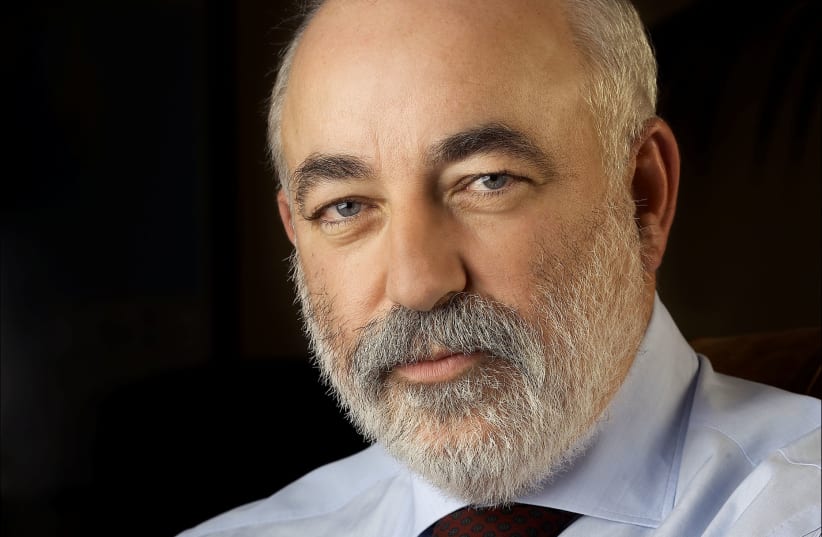Russian Jewish Congress (RJC), the largest secular Jewish NGO operating in the post-Soviet space, have addressed Facebook CEO Mark Zuckerberg in an official letter thanking him for a recent decision to ban Holocaust denial content from the world's largest social network. The letter, signed by RJC's Consul for Countering Antisemitism and influential Russian-Israeli businessman and philanthropist Viktor Vekselberg, says Zuckerberg's decision is "a very important step towards addressing online antisemitic hate and extremism that has been recently on the rise in social media".
Facebook recently announced a removal of all content on its platform that “denies or distorts the Holocaust.” The company says this change of its hate speech policies is a response to “the well-documented rise in antisemitism globally and the alarming level of ignorance about the Holocaust, especially among young people.” During the past few years, Facebook has faced strong criticism for letting Holocaust denial content spread on its platform. Earlier this year, Facebook said it would ban antisemitic stereotypes that depicts Jewish people as “running the world or its major institutions.”
In his letter, Viktor Vekselberg, who also serves as a Chairman of the Board of Trustees of the Jewish Museum and Tolerance Center, has addressed his personal story: "For me, the Holocaust has always been the topic of special importance, for I am familiar with it firsthand: 17 out of the total 19 members of my family were killed and dumped in a pit, resting forever among 12,000 other Jews who then accounted for a third of all population of Drohobych, my hometown in West Ukraine".
"On behalf of the Russian Jewish Congress and on my own behalf, I strongly welcome Facebook’s recent initiative to ban posts that deny or distort the Holocaust. That, definitely, is a very important step towards addressing online antisemitic hate and extremism that has been recently on the rise in social media. I do hope that the decision of the executive team at Facebook is only a start of a larger-scale effort that may become one more effective tool for preserving the memory of Holocaust victims and telling the true story of this tragedy to younger generations", writes Vekselberg.
